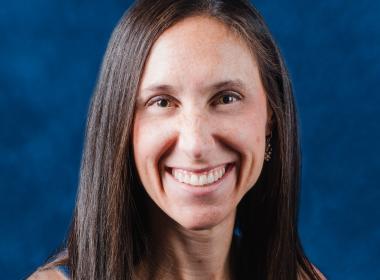Article
Experts You’ll Meet if You Have a High-Risk Pregnancy By David Sink, MD: Early in your pregnancy, your doctor will ask lots of questions about your health, and perform routine tests to check for risks to you or your developing baby. If they think your pregnancy could be at a higher-than-usual risk for complications, they’ll connect you with
Doctor
David Sink, MD Regional Clinical Director, Neonatology | Physician Quality and Safety Officer, Neonatology | Medical Director, NICU West (Farmington)
- Specialties
- Neonatology

Doctor
Ilana Waynik, MD Pediatric Hospitalist | Director of Clinical Effectiveness
- Specialties
- Hospital Medicine


Article
Formula Recalls: What to Know Right Now By James E. Moore, MD, PhD: Updated October 17, 2022 for additional recall of certain lots of Abbott 2 fluid ounce/59 milliliter bottles of Ready-to-Feed liquid products for infants and children. (Originally published on February 22, 2022 and updated on March 1, 2022 and again on August 16, 2022) October 17